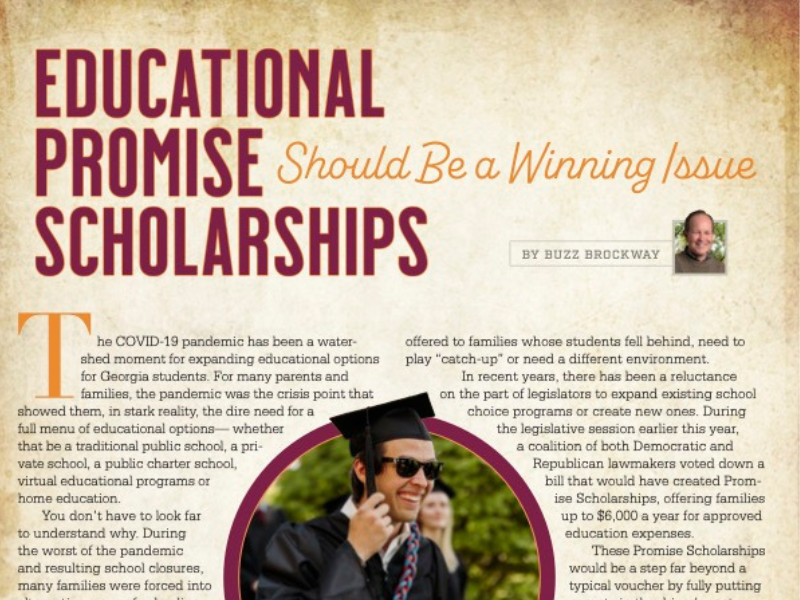The inflationary environment in the U.S. and around the world continues to go from bad to worse. On July 13, the U.S. Bureau of Labor statistics announced that in June the Consumer Price Index (CPI) rose by 1.3%, not seasonally adjusted. That means, year over year, the CPI is now up 9.1%, which is the fastest pace of inflation in over four decades.
As the BLS reports, some of the biggest increases in prices were soon for essentials like gas for your car and groceries for your kitchen table:
“The increase was broad-based, with the indexes for gasoline, shelter, and food being the largest contributors. The energy index rose 7.5 percent over the month and contributed nearly half of the all items increase, with the gasoline index rising 11.2 percent and the other major component indexes also rising. The food index rose 1.0 percent in June, as did the food at home index.”
The poor are hit hardest
The sad reality is that inflation shows few, if any, signs of lessening anytime soon. As we’ve said so many times before, the hardest hit are the poorest among us.
For example, a recent survey revealed the alarming truth that some families are skipping meals to deal with raging inflation. While inflation is inconvenient for the upper middle class and wealthy and concerning for the middle class, it’s downright devastating for the working class and poor.
Meanwhile, wage increases are lagging behind price increases. People are falling further and further behind.
A new floor for prices
What’s even more devastating than spiking inflation month-in, month-out is the new price level. As the Georgia Center for Opportunity’s director of research Erik Randolph points out, inflation is only part of the equation. We should also be focusing on the price level, which is defined as the new “floor” for the prices we all pay in the economy.
A gallon of milk might’ve cost $2.99 a year ago, for example, but now it’s $3.99. That new price is not going down, even as inflation eventually abates. A new price floor has been established and it becomes ingrained in our minds that a gallon of milk simply costs $4.
Simply put, leaving the price level elevated means we are leaving the economically disadvantaged further behind, exacerbating the economic divide in our nation.
A way forward
There are a number of public policy prescriptions that Randolph suggests for curbing inflation:
- Curtail federal deficit spending.
- Adopt supply-side economic policies, ones that cut red tape to reduce unnecessary government regulations, making it easier for entrepreneurs to start and expand businesses and for investors to take risks investing in business.
In our communities, initiatives such as BETTER WORK in the Atlanta and Columbus metro areas are also foundational to helping people find meaningful work, work that pays a living wage to better cope with highly inflationary times.








